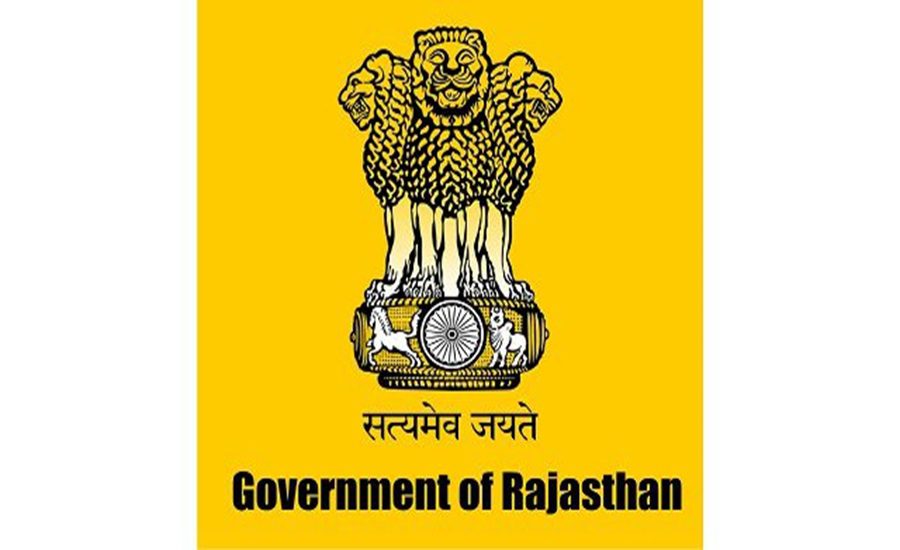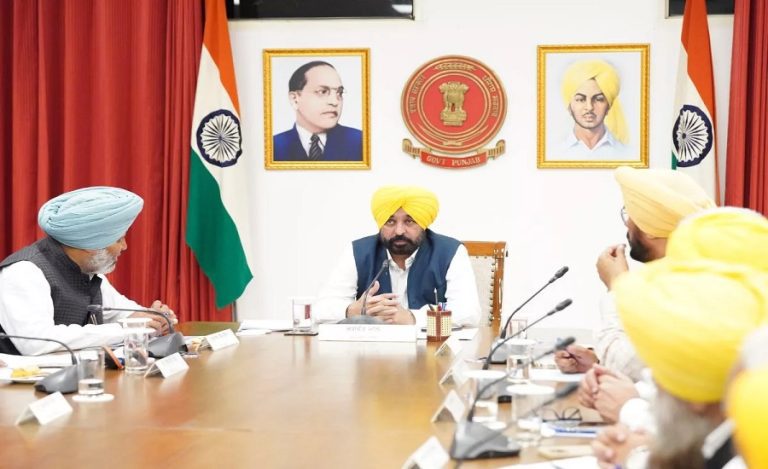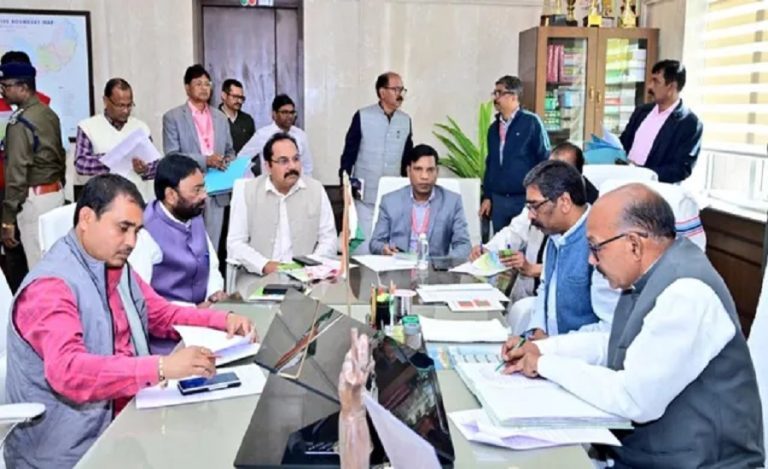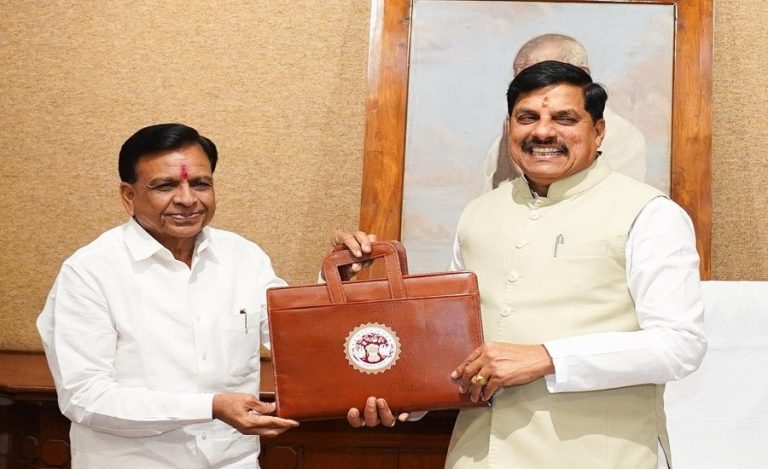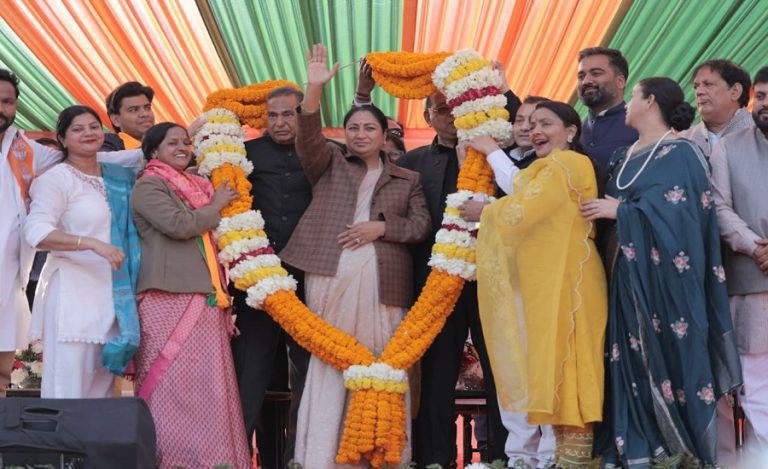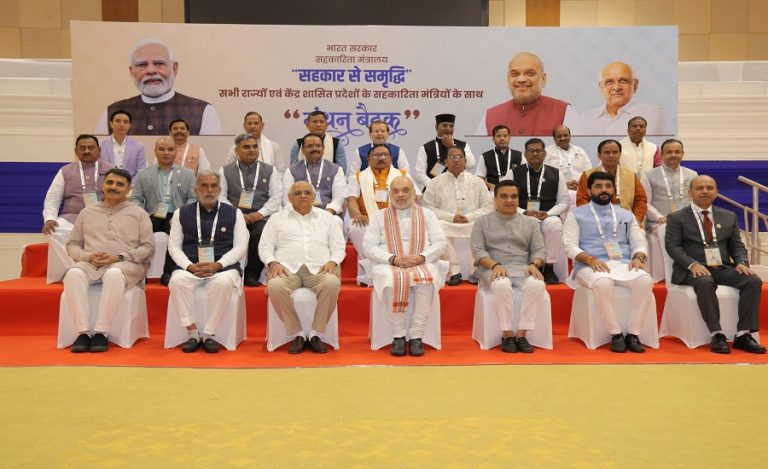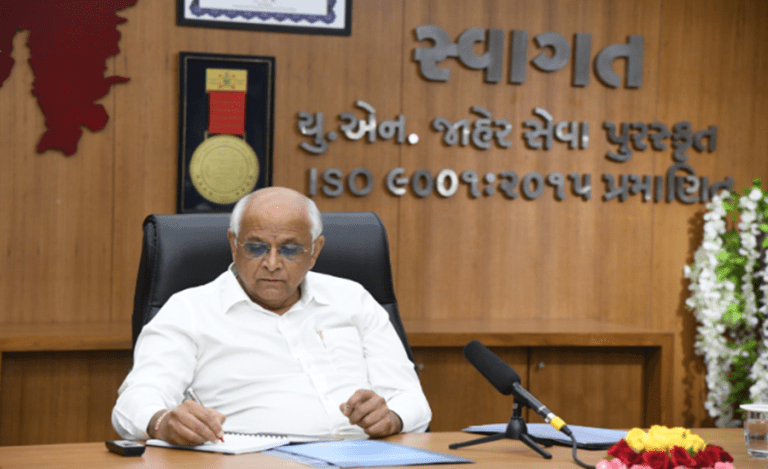IAS officer Mr. Ajitabh Sharma (1996 batch), currently serving as Chairman of RIICO and Principal Secretary of Industries, has embarked on a month-long foreign tour starting Monday. In his absence, the Department of Personnel (DoP) has made interim arrangements by assigning his roles to other officers. Ms. Shivangi Swarnkar, a 2011-batch IAS officer, has been given the charge of Chairman, RIICO, while Mr. T Ravikanth, a 1998-batch IAS officer, will oversee the role of Principal Secretary, Industries.
Meanwhile, another senior officer, Mr. Rajesh Yadav (1996-batch IAS officer), Principal Secretary of Local Self Government (LSG), is also on a personal foreign tour. During his absence, Mr. Vaibhav Galriya (1998-batch IAS officer), Principal Secretary, Urban Development and Housing (UDH), has been entrusted with the additional charge of the LSG department.
These interim arrangements are temporary and are expected to last only until the respective officers return from their foreign assignments.
Presently, nearly two dozen IAS officers in Rajasthan are holding additional departmental charges — many for extended periods. The ad hoc nature of these assignments has raised concerns about the lack of coherence and strategic planning. Observers point out that seniority, domain expertise, and practical administrative considerations seem to have been sidelined, leading to Secretaries handling multiple roles, often outside their areas of specialization.
A notable example is the Energy Department, a crucial portfolio especially during the peak summer months. With senior ACS-rank officer Mr. Alok (1993-batch IAS officer) on medical leave, the charge has been given to Ms. Arti Dogra, a capable and respected 2006-batch IAS officer known for her administrative efficiency. However, critics argue that given the critical importance of the Energy Department during this season, the leadership should ideally be in the hands of a more senior and seasoned officer to manage potential power crises.
Further compounding the situation, the Department of Personnel itself — which demands dedicated leadership — has seen its head burdened with multiple additional charges, a move that many view as impractical and detrimental to effective governance.
Observers unanimously agree that the ongoing administrative disarray can only be addressed once the long-pending IAS transfer list is released, paving the way for a more rational and expertise-aligned redistribution of responsibilities.
Also Read: Who Is IAS Smita Sabharwal, Transferred After Social Media Controversy? Know More About Her

